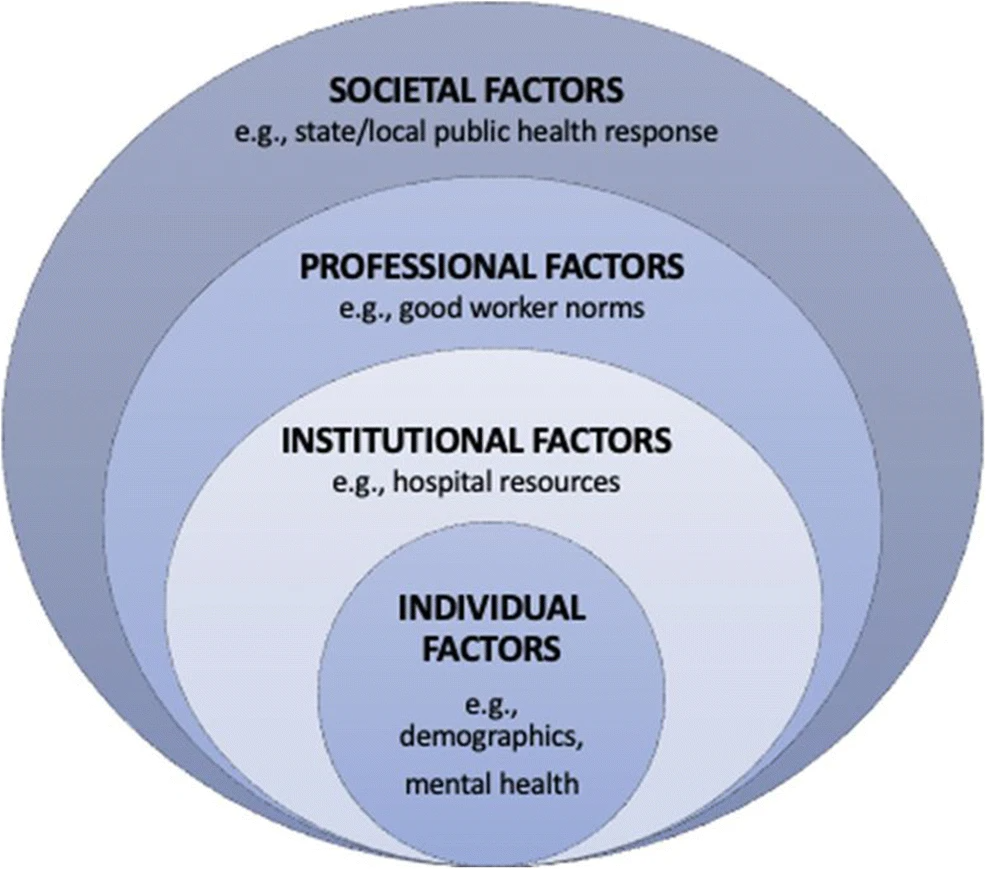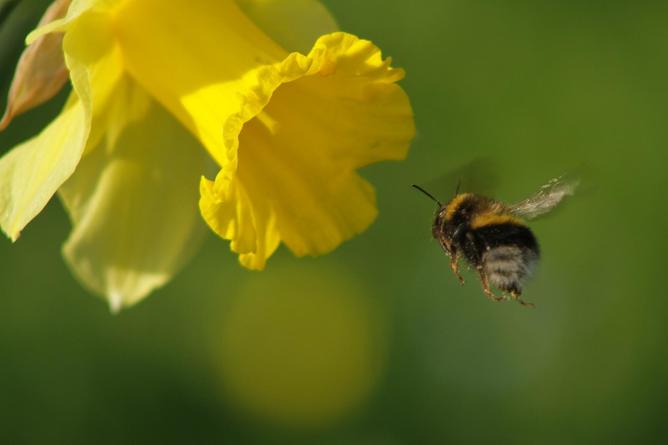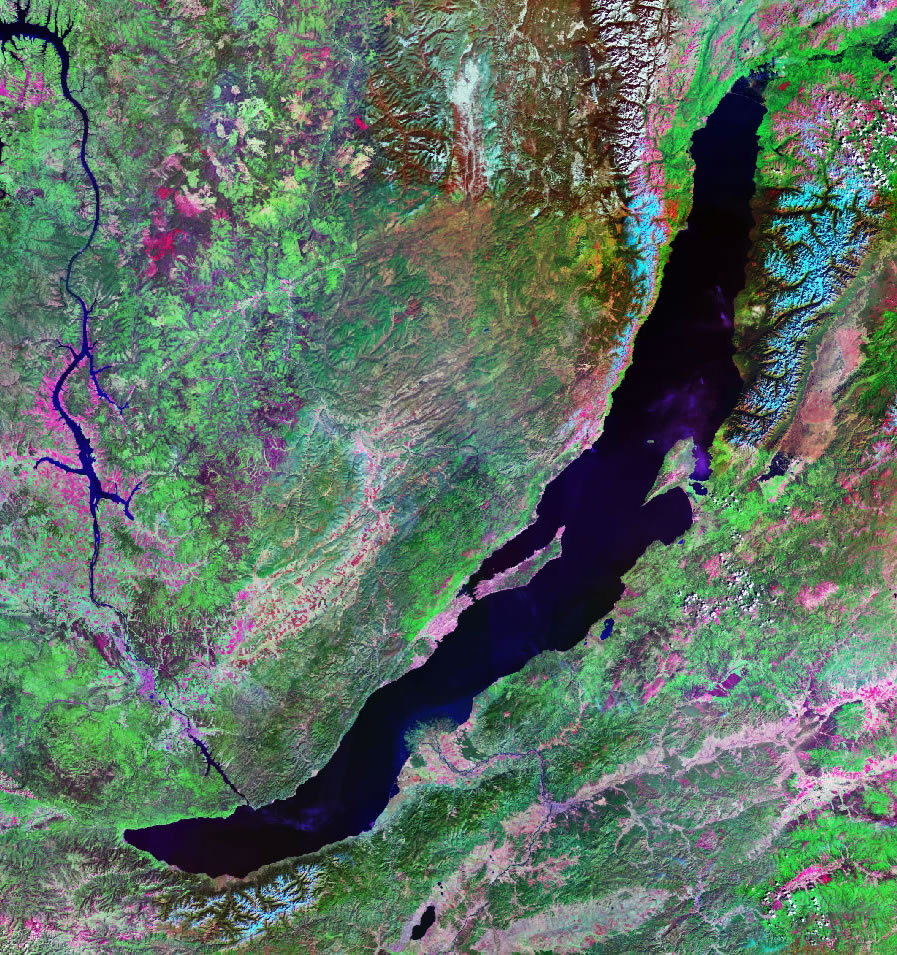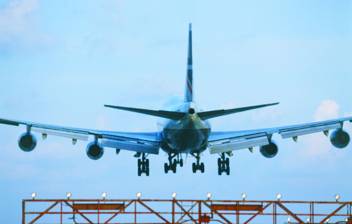 Declaring War On Frappuccino And Diet Soda Is Not A Valid Government Nutrition Guideline
Declaring War On Frappuccino And Diet Soda Is Not A Valid Government Nutrition GuidelineYou're not a Frank-people because you eat Doritos, despite what people writing lifestyle/diet...
 Physician Burnout Is Common - And Informal Rationing Is One Big Cause
Physician Burnout Is Common - And Informal Rationing Is One Big CauseIf the government promises every home a great gardener, most people recognize they won't get a...
 Cancel Culture Prevents The Best Researchers From Engaging With The Food Industry
Cancel Culture Prevents The Best Researchers From Engaging With The Food IndustryAfter Chris Wild took over the International Agency for Research on Cancer (IARC), a UN-funded...
 Vermont Should Stop Showing Leadership In Overruling Scientists On Farming
Vermont Should Stop Showing Leadership In Overruling Scientists On FarmingDespite Vermont's Agricultural Innovation Board (AIB), created to inform regulatory recommendations...











